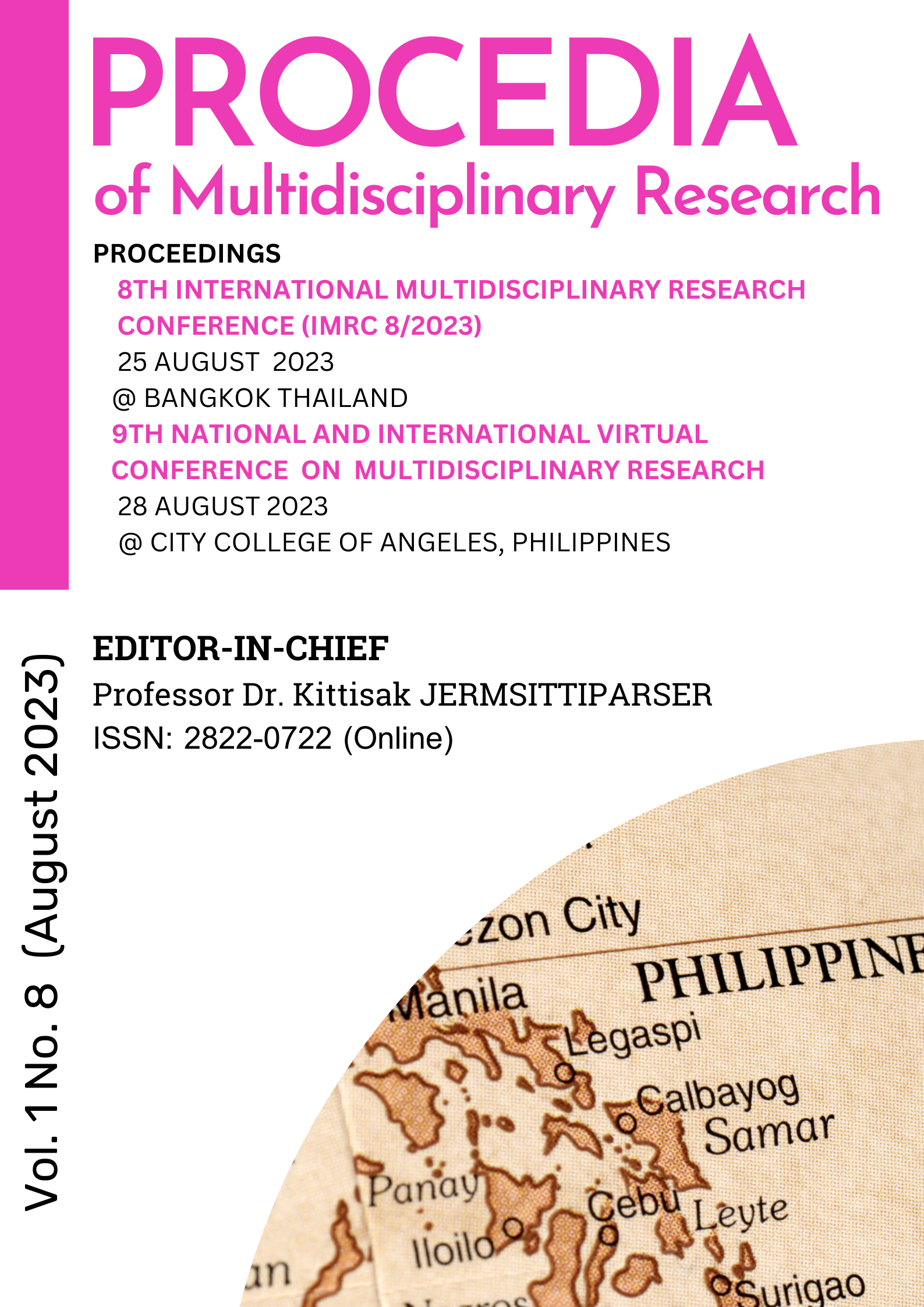THE INFLUENCE OF EMPLOYEE INCENTIVES ON ENTERPRISE INNOVATION
Keywords:
Enterprise Innovation, Financial Incentives, Extra Financial Incentives, Flexible Schedules, Working EnvironmentAbstract
This research delves into the intricate relationship between employee incentives and enterprise innovation in Shanghai's vibrant business milieu. Employing a mixed-method approach, both qualitative and quantitative data were garnered from 50 enterprises, shedding light on the perceptions and effects of different incentive types on innovation. Key findings reveal that a vast majority (85%) of the 300 surveyed employees affirm that incentives, both financial and non-financial, play a pivotal role in driving their motivation and innovative propensities. Interestingly, non-financial incentives such as extra financial incentives, flexible schedules and working environment are almost as influential as their financial counterparts in promoting innovation. Further qualitative insights, derived from in-depth interviews with 20 key stakeholders, including HR professionals and decision-makers, underscore the strategic importance of a structured incentive scheme. Such structures not only promote innovation but also serve as crucial tools for talent retention in the competitive Shanghai business environment. However, there is a nuanced understanding of incentives. While they are undeniably impactful, an over-reliance can potentially undermine intrinsic motivation, emphasizing the need for a judicious blend of both. In essence, this study offers a comprehensive perspective on the instrumental role of incentives in catalyzing enterprise innovation, while also underscoring the importance of a balanced approach in leveraging them for long-term organizational growth in Shanghai's dynamic corporate landscape.
Downloads
Published
Issue
Section
License

This work is licensed under a Creative Commons Attribution-NonCommercial-NoDerivatives 4.0 International License.







.png)


